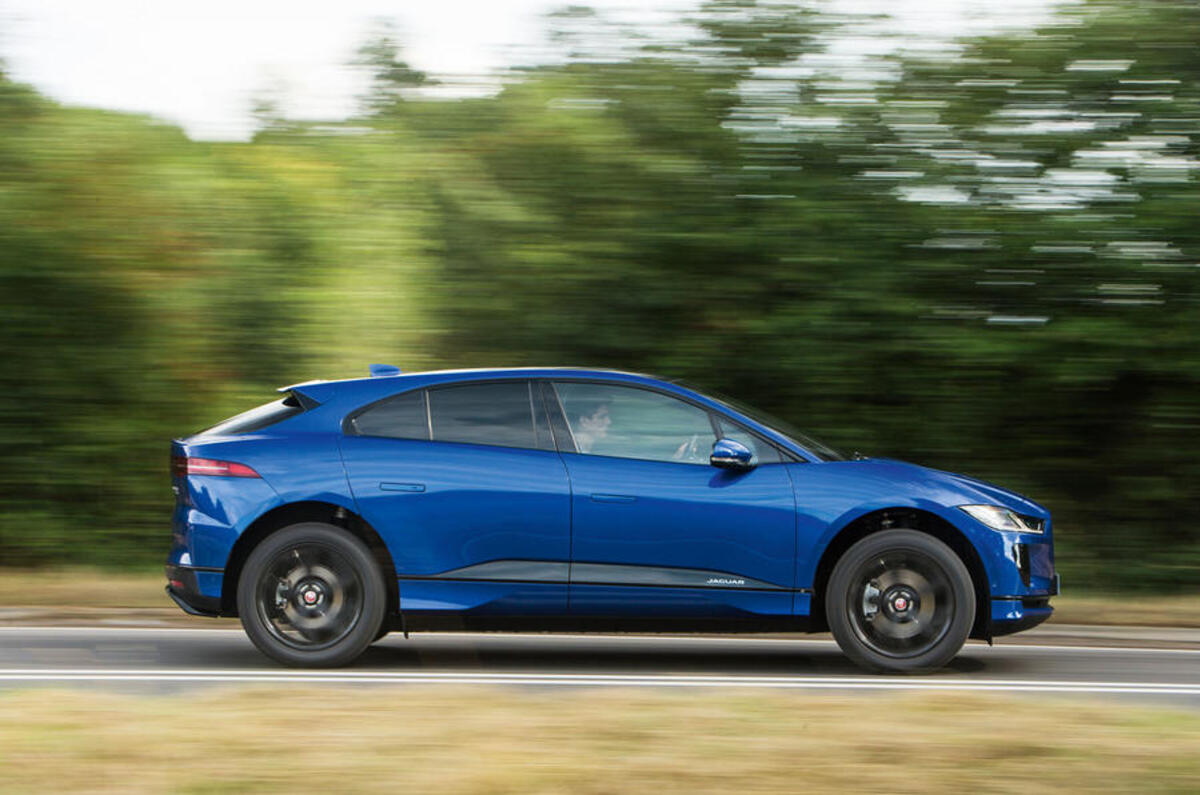Jaguar Land Rover and BMW have announced they will collaborate on the development of next-generation technology for electric and plug-in hybrid vehicles.
The two firms will jointly develop electric drive systems, otherwise known as EDUs, in a move which Jaguar Land Rover and BMW hope will significantly lower the cost of development in an area of growth that has been incredibly costly to car makers in recent years.
This new alliance is one of many currently underway in the industry as manufacturers seek to make electrified vehicles more profitable. Most recently, Ford announced a $500m investment in EV start-up Rivian.
No timeframe has been given for when the first fruits of the collaboration will be seen, but it’s likely to be in the next three to four years. Similarly, no volume expectations have been announced but given the need for economies of scale, it is set to be substantial.
BMW board member for R&D, Klaus Fröhlich, commented: “The automotive industry is undergoing a steep transformation. We see collaboration as a key for success, also in the field of electrification. With Jaguar Land Rover, we found a partner whose requirements for the future generation of electric drive units significantly match ours. Together, we have the opportunity to cater more effectively for customer needs by shortening development time and bringing vehicles and state-of-the-art technologies more rapidly to market.”
Nick Rogers, Jaguar Land Rover engineering director added: “We’ve proven we can build world beating electric cars but now we need to scale the technology to support the next generation of Jaguar and Land Rover products. It was clear from discussions with BMW Group that both companies’ requirements for next generation EDUs to support this transition have significant overlap making for a mutually beneficial collaboration.”
Both firms are ramping up their electrified line-ups. Jaguar Land Rover will launch a plug-in hybrid Evoque and Discovery Sport in the next 12 months, while BMW will introduce the electric iX3 next year, closely followed by the i4, an electric equivalent to the 3 Series.
The announcement comes just weeks after Jaguar Land Rover reported a £3.6 billion loss over its financial year amid persistent rumours of a possible takeover by PSA Group, a deal which has yet to be confirmed.
The collaboration, which includes joint investment in research and development, engineering and procurement stems from both the success of Jaguar’s electric I-Pace and BMW’s long-established expertise, having built EDUs in-house since it launched the BMW i3 in 2013. BMW said the firms "share the same strategic vision of environmentally-friendly and future-oriented electric drive technologies".
Jaguar Land Rover and BMW will work together, at BMW's HQ in Munich, to develop the EDUs with both developing systems to “deliver the specific characteristics required for their respective range of products,” said JLR's statement.
The EDUs will be made by JLR and BMW at their respective plants. For JLR, this will be the Engine Manufacturing Centre in Wolverhampton, which was confirmed as the home of the firm’s global EDU production earlier this year.
BMW has not yet disclosed where it will build its EDUs, but there has been widespread reports that BMW is expanding its manufacturing base in Hams Hall, in the Midlands, which would mean it was in close proximity to JLR’s facility.




Join the debate
Add your comment
The possibilities
https://www.coventrytelegraph.net/news/coventry-news/jlr-bmw-deal-electric-vehicles-16434067
They're just hedging their bets - that's all
The EV market is still small ~1.5% globally and unprofitable, Tesla lost nearly $1 billion in Q1/19 (ZEV credit sales ultimately reduced that to a mere $700 million loss). There are also still big question marks over demand / growth and alternative technologies to li-ion batteries (like hydrogen). No-one really knows what the car market will look like in 10-years in relation to 'electrification'.
So car-makers are sensibly pooling their resources, we see this all the time where there are significant risks, they share the risks and the rewards, they're hedging their bets.
Sure the Tesla crowd would like us all to believe that EV sales will double year-on-year and Tesla need that to happen to survive, but except for regions where legislation encourages or forces that situation it's proving to be a fantasy. People can see the weaknesses associated with li-ion based EV's and so far they're not convinced. If the technology improves and/or the costs fall that situation will change but it's all if's.
Car-makers are doing the right thing by focusing on the 98% of the market that produces ~100% of the profit while keeping an eye on EV developments.
If you can't beat them, join 'em!
Is this a case of JLR throwing the towel in & admitting they are never going to be able to beat BMW so lets instead work with them? Lots of synergy between the two companies if this colloboration went even further.